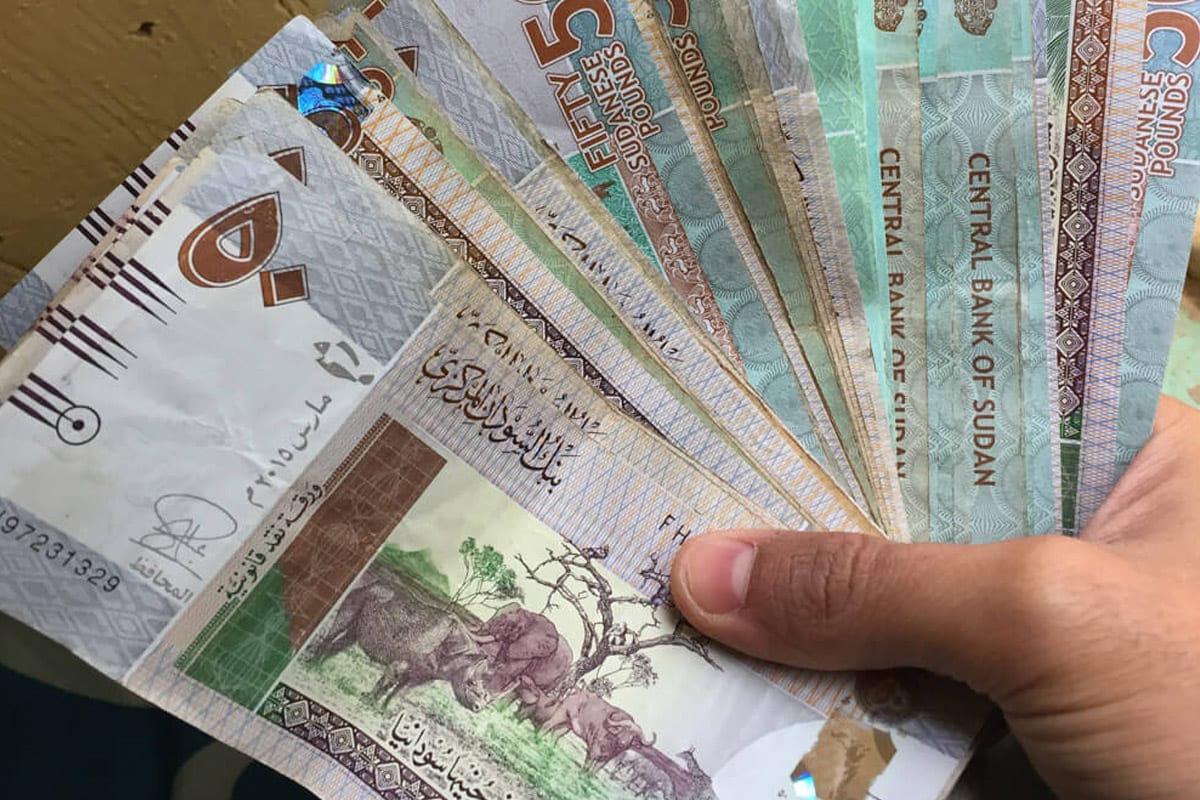Jibril said that the country had produced 64 tonnes of gold last year, and officially exported around half, implying that the proportion of looted gold in army-controlled areas had fallen.
A source at Sudan's central bank said the new notes had been printed in
Russia, one of several
foreign powers that have intervened on both sides.
Critics say that the impact of the decision has been to exclude the millions who remain in the roughly half of the country controlled by the RSF from the financial sector and render their savings useless, in effect splitting the country.
The RSF has said the move is illegal and cited it as one of the reasons for forming a
parallel government in territory it controls.
Residents of areas under RSF control report using the old notes, as well as electronic transfers, U.S. dollars and, in some places, Chadian rials.
But even in Port Sudan, the army's wartime capital, some residents have protested over the new banknotes.
Traders say the process has dampened sales as many people still lack identification papers needed to open a bank account while more lack smart phones for online transfers.
"All of our capital is deposited in the bank. When you need cash in the future, they won't give you. You might spend a whole day to get 50,000 pounds ($20) or 100,000 ($40)," said fishmonger Ali Moneeb.
Source: Reuters

